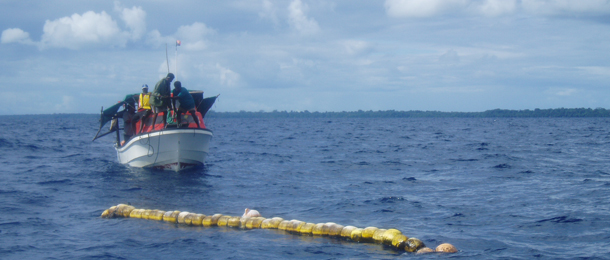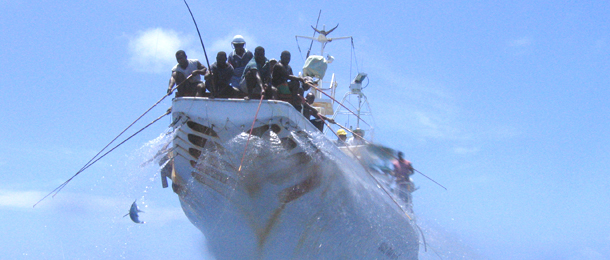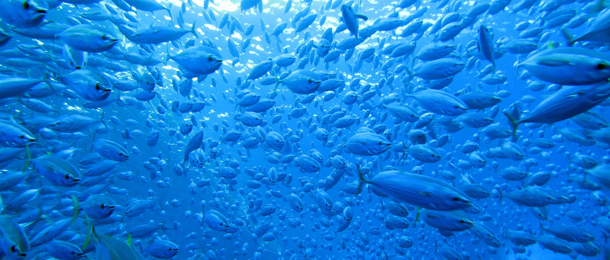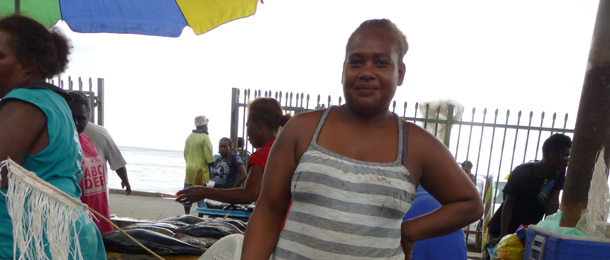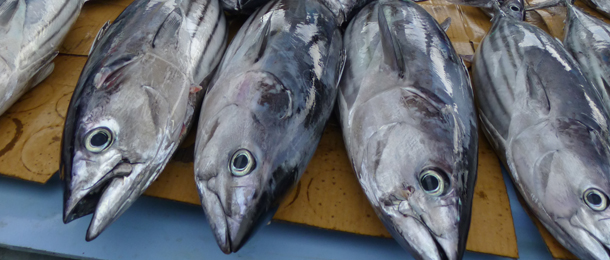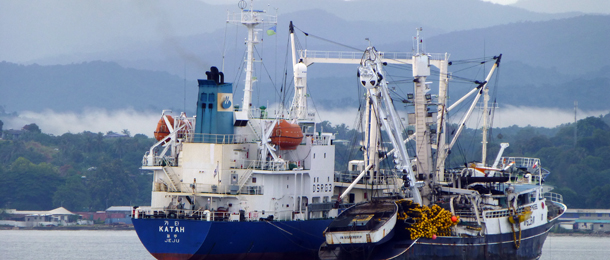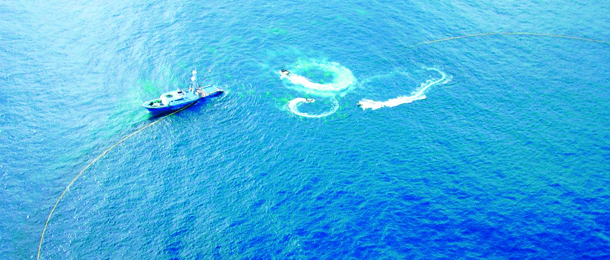Saturday, 17 March 2018 06:11
Updated sustainability information for 6 Western Pacific & Indian Ocean tuna species

We have updated the Sustainability pages in our 6 tuna species profiles in the Western and Central Pacific Ocean and the Indian Ocean. Check out the profile pages to get the current situation.
- Skipjack tuna: Essentially unchanged status since previous reviews.
- Yellowfin tuna: Unchanged status, and concerns for the state of the Indian Ocean stock remains; for Western and Central Pacific Ocean stock, fishing pressure is considered heavy and little or no room for greater effort; environmental concerns due to bycatch remain for several fishing gears.
- Bigeye tuna: The latest assessment for the Western and Central Pacific Ocean stock is that it is not overfished but concern is expressed as the stock is in a more depleted state than other stocks in this region.. Several fishing gears cause bycatch problems. Check out our new pages on bigeye tuna Production and Supply Chains & Markets.
- Albacore tuna: None of the three stocks (Northern Pacific Ocean, Southern Pacific Ocean and Indian Ocean) are considered overfished but concern is expressed at the fishing pressure on the Norther Pacific Ocean stock. Check out our new pages on albacore tuna Production and Supply Chains & Markets.
- Longtail tuna: Stock assessments and catch data are incomplete and concern has been expressed over the status of the stocks . Recent assessments consider the stocks both overfished and that overfishing is occurring. This species is within the management mandate of the IOTC but not the WCPFC.
- Pacific bluefin tuna: This stock is considered overfished and overfishing is occurring. The rebuilding plan will be kept under more constant review from 2019.
Once again, a big debt is owed to the stock assessment experts and reviewers associated with regional fisheries management and technical organisations (SPC, WCPFC, IOTC, ISC, IATTC and the national body members of committees) and to the International Seafood Sustainability Foundation for its regularly updated overviews of stock status (see the latest Stock Status Report at: https://iss-foundation.org/about-tuna/status-of-the-stocks/
Photo (above): Workers inspect new cans for tuna at Solomon Islands cannery, c 2009. Photo: Amanda Hamilton.





